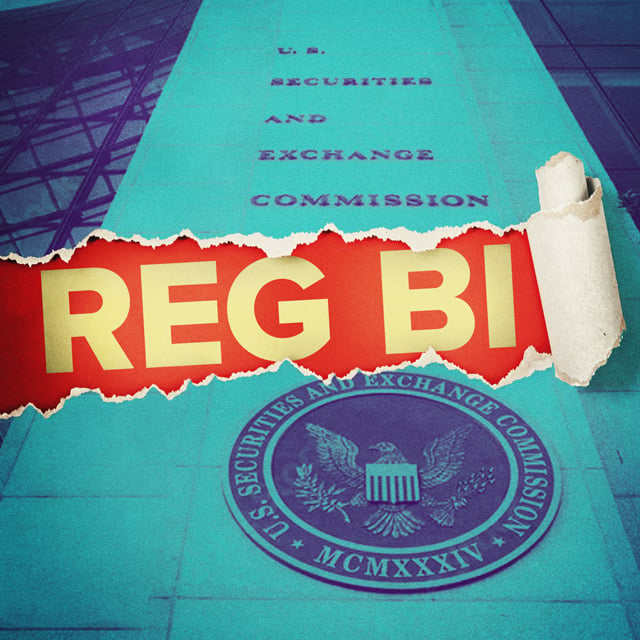
NOT FOR REPRINT
Firm Violated Reg BI With Risky Options Strategy: SEC
News July 31, 2024 at 12:05 PM
Share & Print
What You Need To Know
- A former Western Securities rep engaged in risky day trading of options.
- The firm's chief compliance officer raised concerns that the rep was potentially overtrading his clients' accounts.
- One client, a 78-year-old widow, lost $525,000 because of the risky trading.

NOT FOR REPRINT
© 2025 ALM Global, LLC, All Rights Reserved. Request academic re-use from www.copyright.com. All other uses, submit a request to [email protected]. For more information visit Asset & Logo Licensing.

Immediate Answers to Critical Tax Questions At Your Fingertips
Keep up with the latest tax rules and regulations with weekly, exclusive updates by our Tax Facts experts.
Get More InformationRecently Added Q&As
How are business expenses reported for income tax purposes?
Get Answer
What is a charitable IRA rollover or qualified charitable distribution?
Get Answer
What are the tax benefits that can be realized by providing employee benefits through a cafeteria plan?
Get Answer
What are the Social Security and Medicare tax rates for traditional employees and employers?
Get Answer
What developments have emerged regarding a fiduciary’s consideration of environmental, social and governance (ESG) issues in making investment decisions?
Get Answer
What are the Social Security tax and Medicare rates for self-employed taxpayers?
Get Answer
How is it determined whether a taxpayer is an independent contractor or a common law employee?
Get Answer
What is FBAR, and does a U.S. citizen living in Canada need to be concerned with FBAR requirements?
Get Answer



